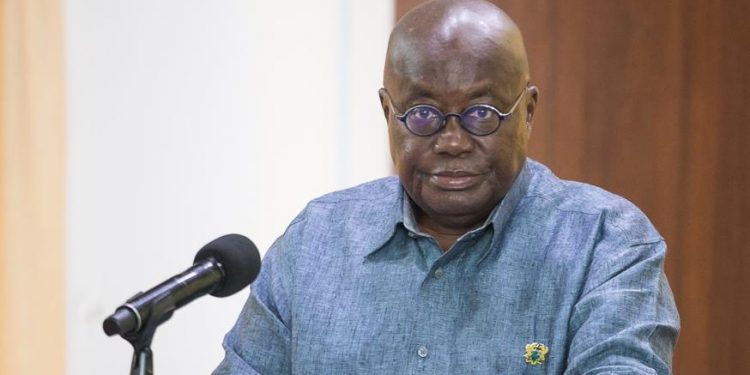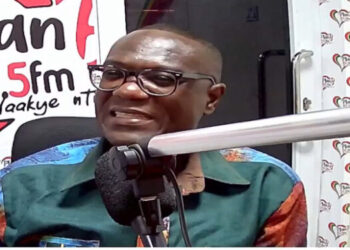President Nana Addo Dankwa Akufo-Addo on Friday said his government has tackled the fight against corruption with holistic approach to protect the public purse.
He said his Administration had committed more financial resources towards the fight against corruption than any other government under the Fourth Republic, and had undertaken institutional reforms and enacted additional legislations to make corruption unattractive.
“What I have done is to show you that my government has fought corruption not in words, but in concrete deeds,” he said.
“It has been a holistic approach, we have protected the public purse, made institutional reforms, enacted additional anti-corruption laws and adequately resourced accountability organs of state.”
President Akufo-Addo said this in Accra when he delivered the keynote address at the 2021 High Level National Conference to mark the International Anti-Corruption and Human Rights Day.
The conference, organised by the Commission on Human Rights and Administrative Justice (CHRAJ), under the auspices of the Office of the President, was to create awareness on the need to curb corruption in all forms and uphold the fundamental human rights of everyone.
The President also launched the National Cultural Review and Schools Integrity Programme.
The event was on the theme: “Building a Culture of Integrity for Generations,” chaired by Justice Emmanuel Yonny Kulendi, a Supreme Court Judge.
It attracted heads of institutions, ministers of state, members of Parliament and the Council of State, the National Anti-Corruption Coalition, diplomatic community, and students.
President Akufo-Addo disregarded attempts by some political elements to tag his government as corrupt, and said he had allowed state institutions to investigate allegations of corruption against his appointees and were cleared of any wrongdoing.
He insisted that he would always use laid down procedures to investigate any act of corruption.
The President expressed the belief that the fight against corruption had been grounded on requisite financial and institutional actions and not rhetoric, and said the Executive’s responsibility was to enforce the law no matter who was affected.
Failure to curb corruption would have negative repercussions on the state including loss of revenue, impede economic progress, stifle initiatives and creativity and encourage mediocrity and incompetence, he said, and vowed to do his utmost best to minimise corrupt practices, if not to eradicate it.










Discussion about this post